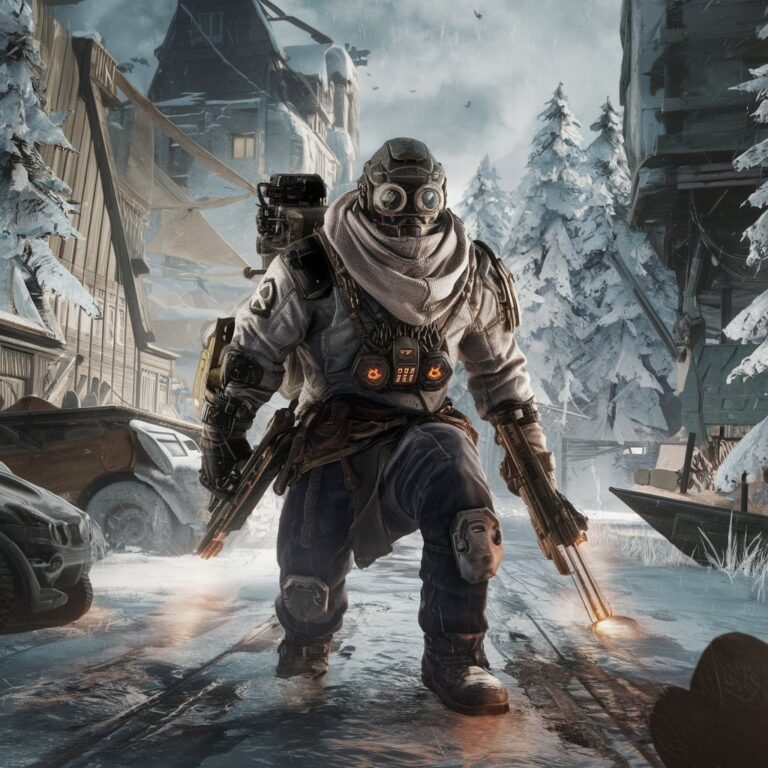Game Lync Conf: The Ultimate Guide to Gaming Configuration
Introduction
Gaming has evolved rapidly over the years, with technological advancements making it more immersive and competitive. However, to fully enjoy a seamless gaming experience, having the right hardware and software configuration is crucial. In this guide, we will explore the best gaming configurations for PCs and laptops, how to optimize your system, and whether gaming on Linux is a viable option.
What Configuration is Required for Gaming?
Before you start gaming, you need to ensure that your system meets the basic hardware and software requirements. Here’s a breakdown of the essential components:
1. Processor (CPU)
- A quad-core processor or higher is recommended for modern games.
- Intel Core i5/i7/i9 (11th Gen or later) or AMD Ryzen 5/7/9 are ideal choices.
2. Graphics Card (GPU)
- Dedicated GPUs such as NVIDIA GeForce RTX 3060/3070/4080 or AMD Radeon RX 6700/6900 ensure smooth performance.
- Minimum VRAM: 4GB for casual gaming, 8GB+ for high-end gaming.
3. Memory (RAM)
- 8GB RAM is the bare minimum.
- 16GB RAM is recommended for modern games.
- 32GB RAM is ideal for high-end gaming and multitasking.
4. Storage (SSD vs HDD)
- SSD (Solid State Drive) is strongly recommended for faster load times.
- NVMe SSDs offer the best performance for gaming.
- Minimum 512GB SSD; 1TB SSD is preferred.
5. Cooling System
- Proper airflow and liquid cooling can help maintain optimal temperatures.
- Ensure good-quality thermal paste on the CPU and GPU.
6. Power Supply (PSU)
- Choose a reliable PSU with at least 80+ Bronze certification.
- Wattage should be at least 650W for mid-range, 850W+ for high-end builds.
What is the Best Configuration for a Gaming Laptop?
When buying a gaming laptop, you should look for a combination of power, efficiency, and durability. Here’s what to prioritize:
- CPU: Intel Core i7/i9 (13th Gen) or AMD Ryzen 7/9.
- GPU: NVIDIA RTX 3070/4080 or AMD Radeon RX 6800.
- RAM: Minimum 16GB DDR5.
- Storage: 1TB NVMe SSD.
- Display: 144Hz+ refresh rate, Full HD or 4K resolution.
- Cooling System: Dual-fan or vapor chamber cooling.
- Battery Life: At least 6-8 hours (gaming mode reduces battery life significantly).
How to Configure a PC for Gaming?
Looking to take your gaming setup a step further? Before jumping into advanced configurations, make sure your games are properly installed. Here’s a step-by-step guide on how to safely download and install Bobfusdie7.9 — complete with patching and security tips.
1. Install the Latest Drivers
- Update GPU drivers (NVIDIA GeForce Experience or AMD Adrenalin Software).
- Keep chipset and audio drivers up to date.
2. Optimize Windows Settings
- Enable Game Mode in Windows settings.
- Disable unnecessary background apps.
- Adjust power settings to High Performance.
3. Enhance Network Performance
- Use a wired Ethernet connection instead of Wi-Fi for stable gaming.
- Optimize router settings and enable Quality of Service (QoS).
4. Overclocking (For Advanced Users)
- Use software like MSI Afterburner to boost GPU performance.
- Overclock CPU using BIOS settings.
Is Gaming on Linux Feasible?
Linux gaming has improved significantly over the years, thanks to Steam Proton, Lutris, and Wine. However, there are still some limitations:
Pros of Gaming on Linux:
- Better Performance: Linux consumes fewer system resources.
- Security & Stability: Linux is less prone to malware and crashes.
- Open-Source Freedom: Customize your gaming environment.
Cons of Gaming on Linux:
- Limited Game Library: Some Windows-only games don’t run natively.
- Compatibility Issues: Anti-cheat software can prevent games from launching.
- Driver Support: NVIDIA drivers on Linux require additional setup.
Best Linux Distros for Gaming
- Ubuntu GamePack
- Pop!_OS
- Manjaro Linux
- SteamOS (Optimized for Steam gaming)
Conclusion
The right gaming configuration can make or break your gaming experience. Whether you’re gaming on Windows, building a custom PC, choosing a gaming laptop, or exploring Linux, optimizing your setup will lead to better performance, faster load times, and a more immersive experience.
💬 What’s your ideal gaming setup? Share your thoughts in the comments below! 🚀






